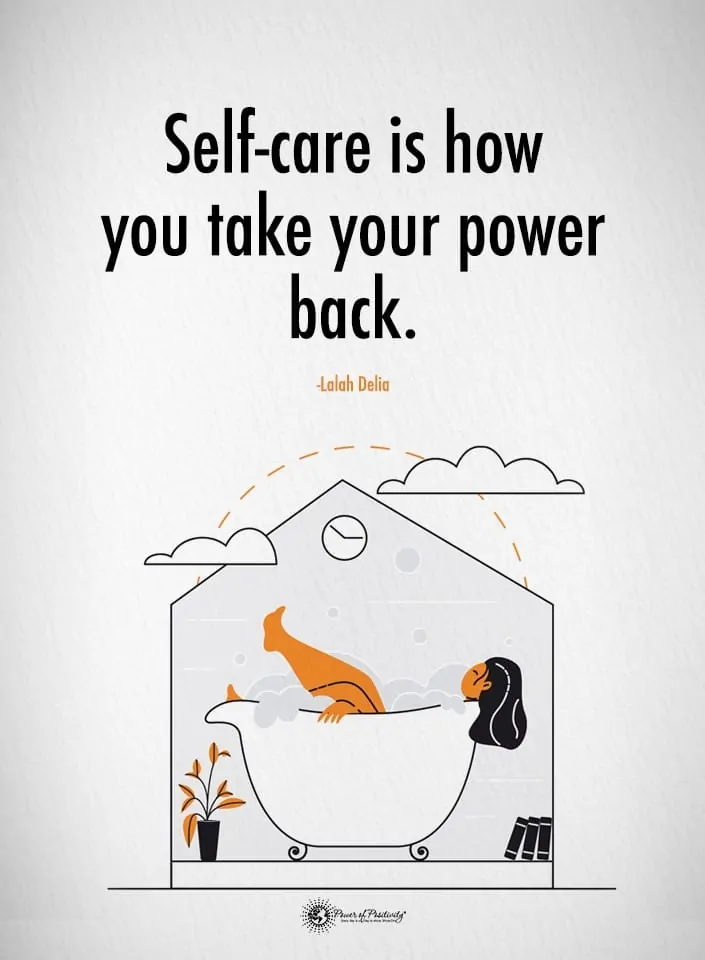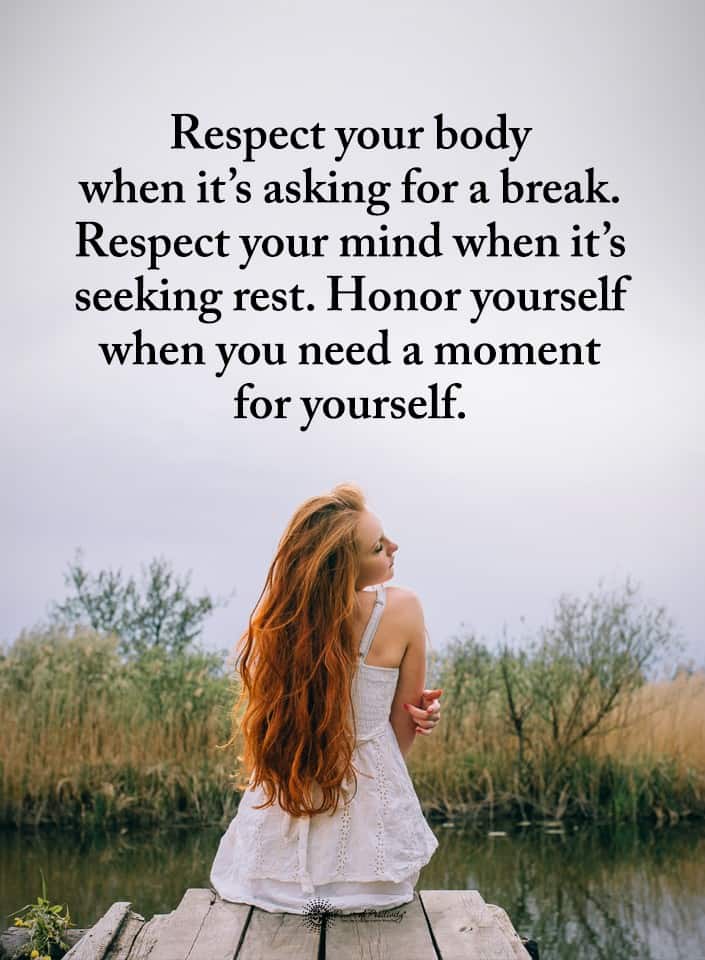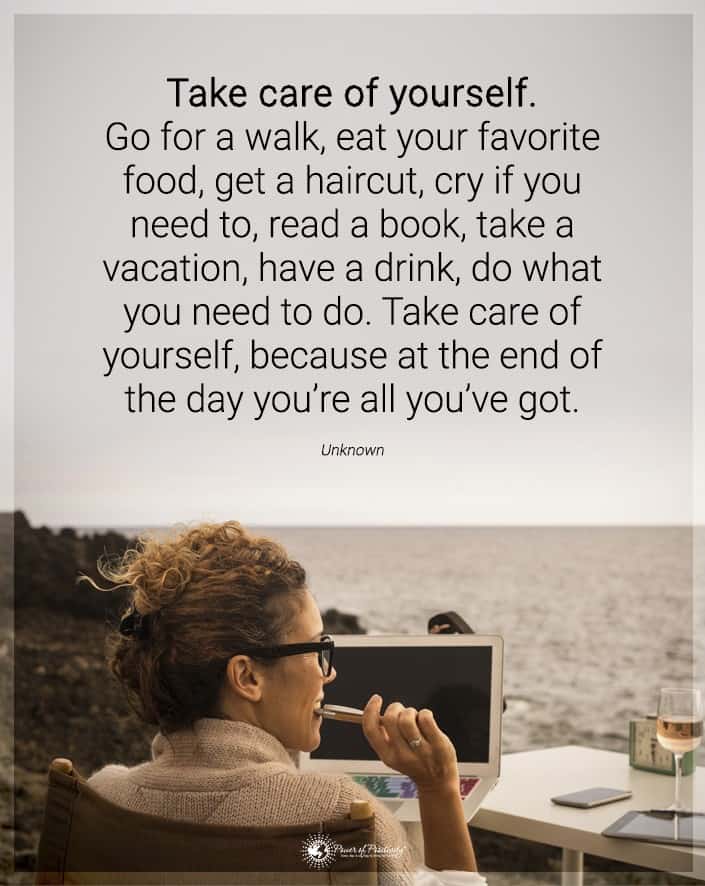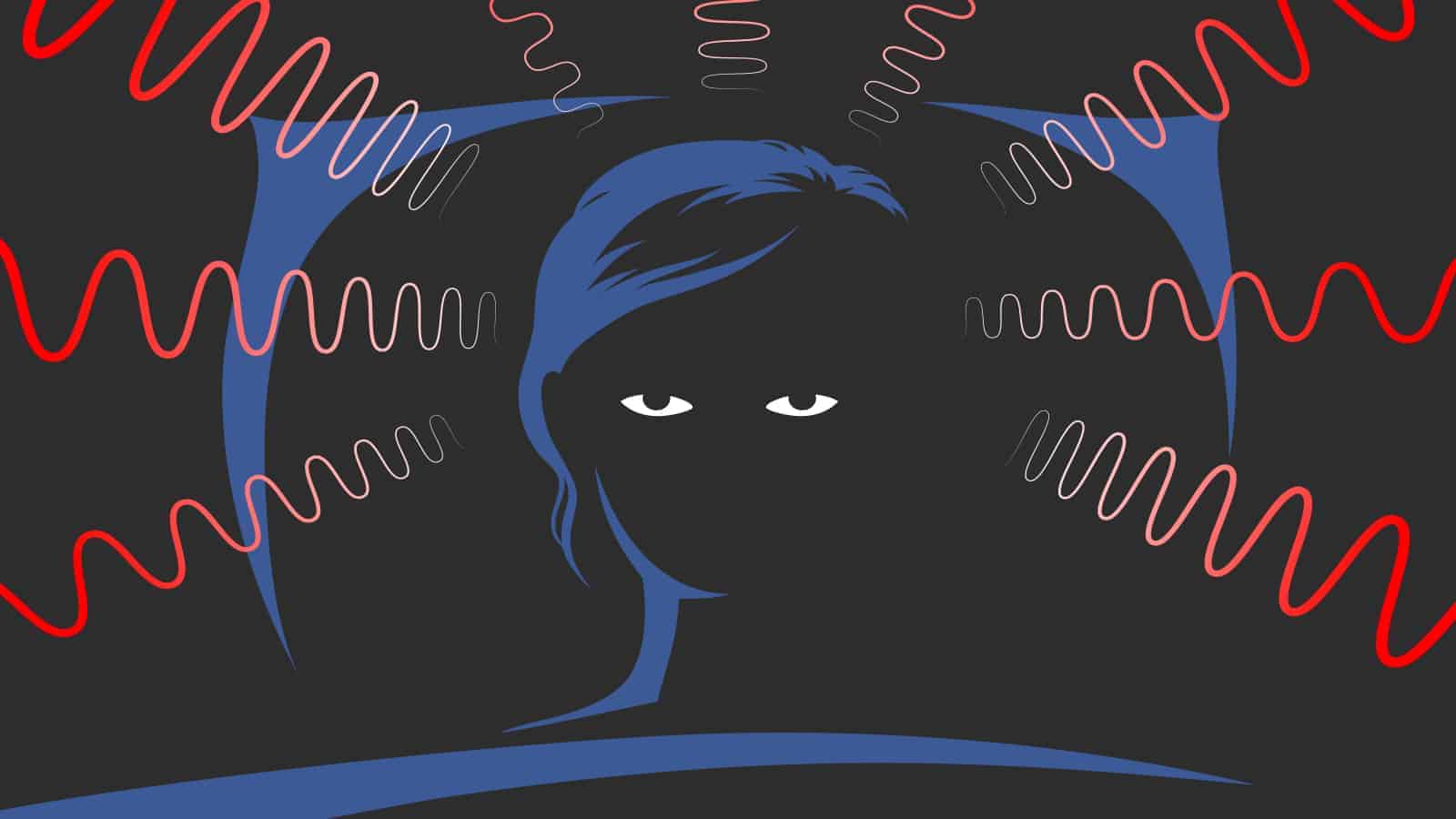Most people have been sleep-deprived at some point in their life! That feeling of dragging yourself to your feet like a zombie after too-little rest is one you can likely relate to. You’ll notice just how little energy and coordination you have throughout the day and will be more irritable and less productive. Even all the fuel of caffeine doesn’t make up for the sleep your body craves!
Approximately one-third of adults in America deal with sleep deprivation, and it’s getting steadily worse. More and more studies have shown just how damaging this trend is. Short-term impacts are immediately apparent, but long-term effects have become more understood over the years. That’s why most people are advised to avoid sleep deprivation. Unfortunately, not many of them listen to that advice!
Many people associate drowsiness with mental effects, but it can be pretty bad physically, too. In fact, you’ll likely be clumsier and much less coordinated! But is that just a coincidence, or is there science behind it? Can sleep deprivation disturb motor control and coordination?
1. Yes, Sleep Deprivation Disturbs Motor Control And Coordination
To get the main question out of the way. Yes–sleep deprivation has effects on coordination and motor control! This has been well-researched for decades, and to some degree, it logically tracks. The more tired you are, the less likely you are to be able to perform various psychomotor skills at high accuracy. Some studies that further illustrate this are as follows:

- “Effects of Total Sleep Deprivation on Fine Motor Performance”, published in Sleep Medicine and Psychophysiology in 2001. This study indicated that muscle performance is significantly impaired by sleep deprivation. Muscles would also become tired more quickly, causing them to lose motor control function over time. In fact, even the day after sleep deprivation occurred, muscles would continue to face this issue, affecting motor coordination significantly!
- “Psychomotor Skills in Total Sleep Deprivation”, published in the International Medical Journal in 2021. This research paper confirmed the presence of all the typically understood negative effects of sleep deprivation on motor control and coordination. It also clearly established that the same effects apply even in cultures where sleep deprivation is considered more common, illustrating that this is not a mind-over-matter issue.
- “The effect of sleep deprivation on fine motor coordination in obstetrics and gynecology residents”, published in the American Journal of Obstetrics and Gynecology in 2008. This study showed that individuals subject to sleep deprivation performed more poorly at various medical tasks, especially in dominant hands. It also suggested that female individuals may have a higher tolerance to sleep deprivation, though their coordination was still affected.
But what are some of the finer details of sleep deprivation and its effects on coordination? Read on to find out!
2. Sleep Deprivation Effects Diminishes Coordination, Including Your Gait
A human gait is a coordinated, patterned movement of limbs made during movement and motion. Basically, it’s the way that you walk and move in everyday life. Motor control and coordination are part of what drives this mechanism, and sleep deprivation can really mess with it!
Research reveals that individuals lose their gait control when they lack sleep. This makes them clumsier, causes uneven footsteps, and can affect safety when performing daily walking activities. Some factors to note here are:
· Irregularities In Your Coordination
An inability to control one’s gait can lead to clumsiness. After all, a gait pattern involves various different characteristics, such as kinetic and potential energy, velocity, external forces, and ground contact. You need to have these uniformly regulated in order to move well. When you’re sleep-deprived, they become irregular, and you’ll be more likely to miss steps or trip over yourself.
· Automation
Many people view walking as an almost automatic activity. Few people need to put that much effort into their coordination when they walk. But the subconscious processes that drive this near-automation rely on cognitive function, which is damaged when you lack sleep. The brain picks up on the information it sees and adjusts your gait as needed to meet new requirements or suggestions. In other words, gait is influenced by tons of different things, and clumsiness from lack of sleep drives this point home.
· Compensation
Compensating for a lack of sleep by catching up on zzz’s at other times can reduce the severity of gait control issues. While you can’t really pay off sleep debt and will still face gait issues, getting some rest is better than none.

3. Sleep Deprivation Is As Bad For Coordination As Alcohol Consumption
Alcohol consumption is pretty well-known for disturbing motor control and coordination. Studies indicate that a lack of sleep does just about the same thing! Research showed that:
- 17 hours of sleep deprivation leads to poor performance on motor coordination tests. This is as poor as or worse than they would be at a BAC of 0.05%.
- Response speeds at 17 hours are even up to 50% slower than they would be for a BAC of 0.05%!
- Longer periods of sleep deprivation reached levels equivalent to a BAC of 0.1%.
Drunk Driving Causes Loss Of Coordination With Startling Impacts
You’ve likely heard time and time again that drunk driving causes severe outcomes. Given these results, driving drowsily is just as dangerous! In fact, sleep-deprived driving is such an issue that the following statistics are true for the United States:
- Each day, 250,000 drivers fall asleep while driving.
- More than 100,000 automobile crashes have sleep-deprived driving as a factor annually.
- Approximately 80,000 injuries from road accidents occur with sleep-deprived driving as a factor annually.
- Approximately 6,550 deaths from road accidents occur with sleep-deprived driving as a factor annually.
- 54% of adult drivers admit to driving drowsily.
- 28% of adult drivers admit to falling asleep behind the wheel.
Sad Outcomes of Driving Drowsy Or While Intoxicated
Driving under the influence of alcohol does not manifest in exactly the same way as driving drowsily. However, the results are similar enough that sleep-deprived driving should simply not be done. To compare them, consider:
- Drunk drivers are often overly confident and impulsive, causing risky and dangerous behavior. Drowsy drivers, on the other hand, are unable to respond appropriately and remain attentive on the road.
- Both drunk and drowsy drivers deal with worsened decision-making, alertness, and motor coordination-based reactions.
- Both drunk and drowsy driving result in approximately similar accident numbers.
It is worth noting that sleep deprivation in the case of dangerous driving doesn’t have to be severe to cause issues. Sleeping six or seven hours a night – just one hour short of the recommended minimum – doubles your risk of an accident. That risk will double again at five hours or less, say studies. If you’re involved in an accident due to sleep deprivation, call panama city car accident lawyers for essential legal support.
4. Sleep Deprivation Disturbs Reaction Time
Reaction time refers to one’s ability to respond to various forms of stimulatory input physically. It takes some degree of coordination to have a good, graceful reaction time. Most individuals take under 0.2 seconds to provide a physical response to stimulus, according to research.
But that speed doesn’t come from nothing! The complex human brain is working overtime to go through multiple processes. It has to recognize the stimulus and sensory input, such as what it hears, sees, or feels. It then must then decide quickly how to respond and which body part is responsible for that response. After that, it has to send a message through the spinal cord to the appropriate body part so that it gets the message!
As you can tell, this requires some degree of motor control and coordination by the whole body. Smooth levels of coordinated movement are most possible when you have enough sleep. Studies show that when you’re deprived of that important rest, your reaction times increase steadily. Some factors to keep in mind here are:
· Sleep Debt
Lacking sleep in general slightly increases reaction time. But sleep debt has to be taken into account, too. The less sleep you get, the more sleep debt you incur, and you have to get enough rest to “pay off” the sleep you lost. Worse still, sleep debt often can’t be repaid on a 1:1 ratio, requiring more rest than was originally lost to get you back up to sleep. Your reaction times will get slower and slower as you rack up debt.
· Bodily Needs
The human body has a lot of functions that it needs to keep going at once. The less sleep you have, the more effort has to be put into all of these functions. If you’re very sleep-deprived, your brain has to decide what functions get the most focus, says research. Often, this leaves your reaction-based coordination impaired, as your brain focuses on more necessary actions.
· Danger When You Lack Coordination
The lack of motor control in terms of reaction speed is a significant problem for safety among those who are sleep-deprived. Athletes, medical professionals, pilots, construction workers, and other similar individuals need their reflexes and attention to work safely. Driving is an especially dangerous thing to do at this time. The Centers for Disease Control and Prevention states that drowsy driving is an extremely common reason for deadly accidents. Sleep-deprived people lack the focus and coordination necessary to drive safely and react to various road conditions.

Final Thoughts On Some Ways Sleep Deprivation Can Disturb Motor Control And Coordination
Sleep deprivation can dampen your coordination, motor control, reaction time, and gait control. It’s also just as bad as alcohol consumption at impairing you, especially on the road. And, on top of that, it has numerous additional negative effects! It can increase cardiovascular problems, put you at risk of obesity and diabetes, and damage your immune system. It can also lend itself to a risk of mental disorders, chronic pain, and hormonal imbalance.
If you struggle with sleep deprivation, speaking to a doctor can help you find solutions that get you back on track. In the meantime, you can also do things yourself to help manage the issue. Making sleep a priority is a good start. Aim to get eight to 10 hours of sleep per night and set a consistent sleep schedule 7 days a week. Getting into a bedtime routine can also help you wind down and relax, fighting insomnia.
You shouldn’t simply be aiming to cope with sleep deprivation. Instead, you should be addressing it and putting it to a stop. The effects on your coordination and overall health are not worth it!

















